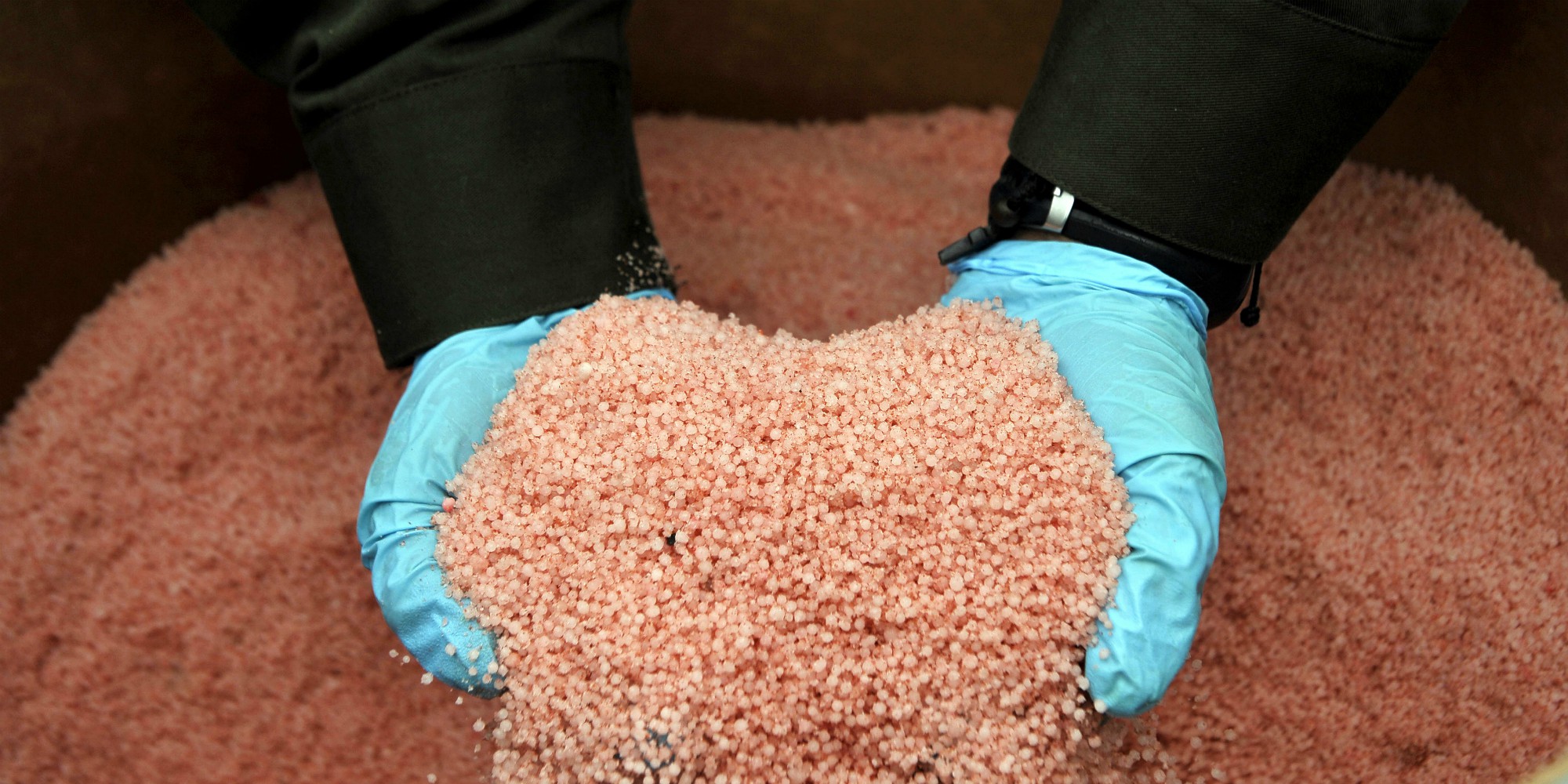DECRYPTION
What is the origin of the two explosions which struck the Lebanese capital on Tuesday evening and made, according to a provisional report, more than 100 dead, 4,000 injured and 300,000 people homeless? A chemical is suspected to have caused this disaster: ammonium nitrate. Used for the manufacture of fertilizers or explosives, it has already, in the past, caused several tragedies, in particular the explosion of the AZF factory in Toulouse in 2001. Since then, French regulations around the monitoring of nitrate d ammonium has evolved several times in order to better regulate the storage of this product.
>> READ ALSO - Lebanon: what we know about the two explosions that shook Beirut
In France, strict rules and a threshold not to be exceeded
Alone, ammonium nitrate is not dangerous. But it can turn into a powerful explosive, for example if it is contaminated by an incompatible substance or strongly exposed to heat. On French soil, there are around a hundred storage sites, all subject to very strict rules and thresholds not to be exceeded: 1,250 to 5,000 tonnes maximum, depending on the type of product stored.
"You cannot do what you want with this product. It is really very framed, whether in storage or in transport. When there is a doubt about a product, the Ineris (the National Institute of the environment and industrial risks, editor's note) intervenes and carries out tests, ”explains Marie-Astrid Soenen, from Ineris. "If there is a big doubt, we intervene to say whether the product presents a risk and if the storage conditions correspond to the technical characteristics of the product."
>> READ ALSO - Explosions in Lebanon: "It's a whole rogue system that is collapsing"
Today, French ammonium nitrate is mainly stored in "big bags", flexible and airtight containers which reduce the risk of explosion.

